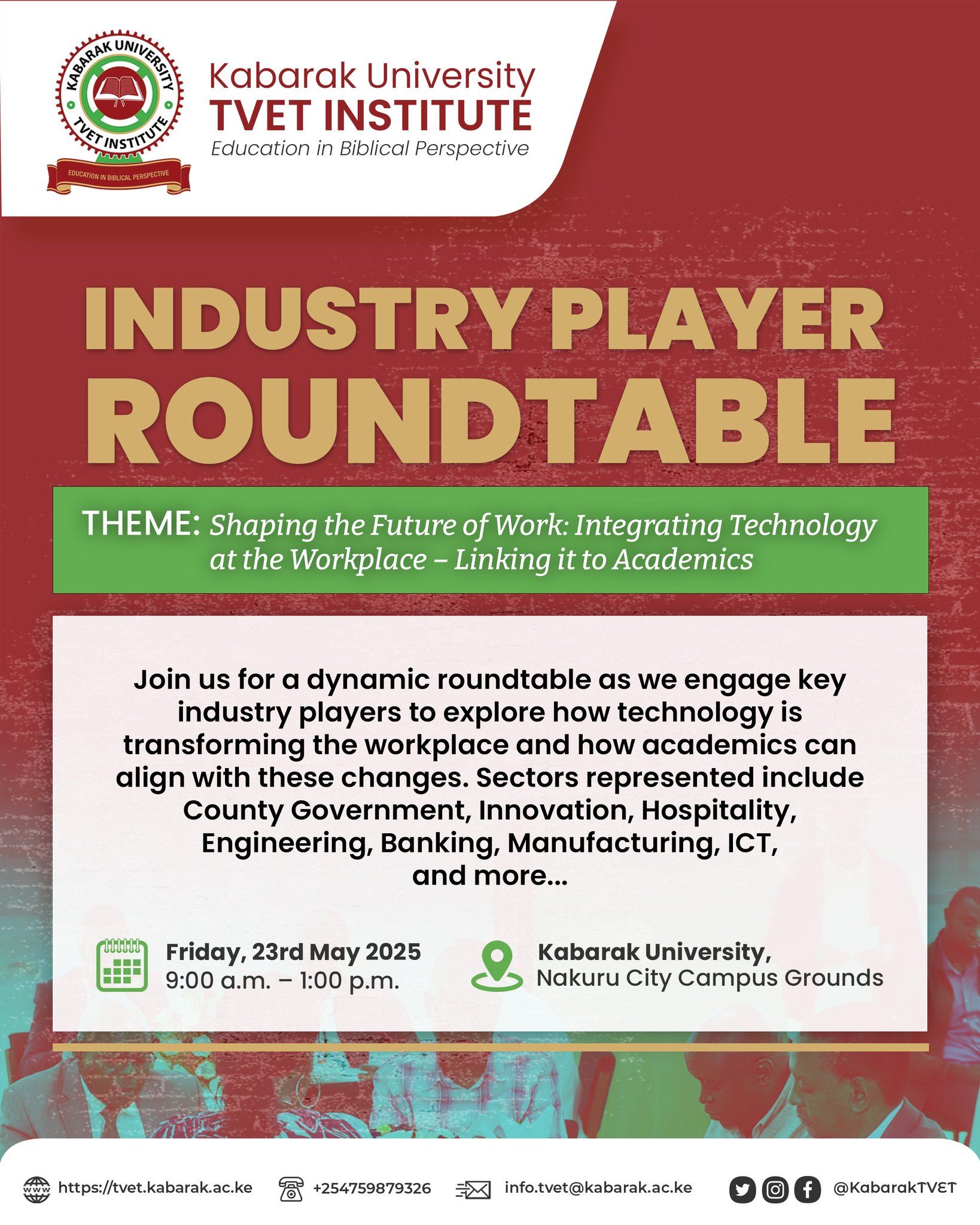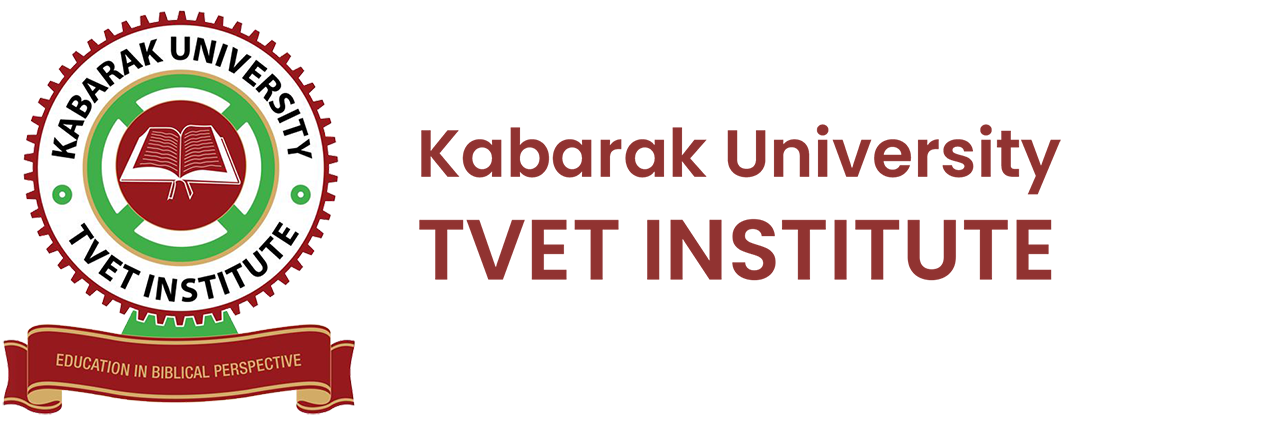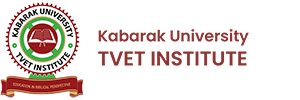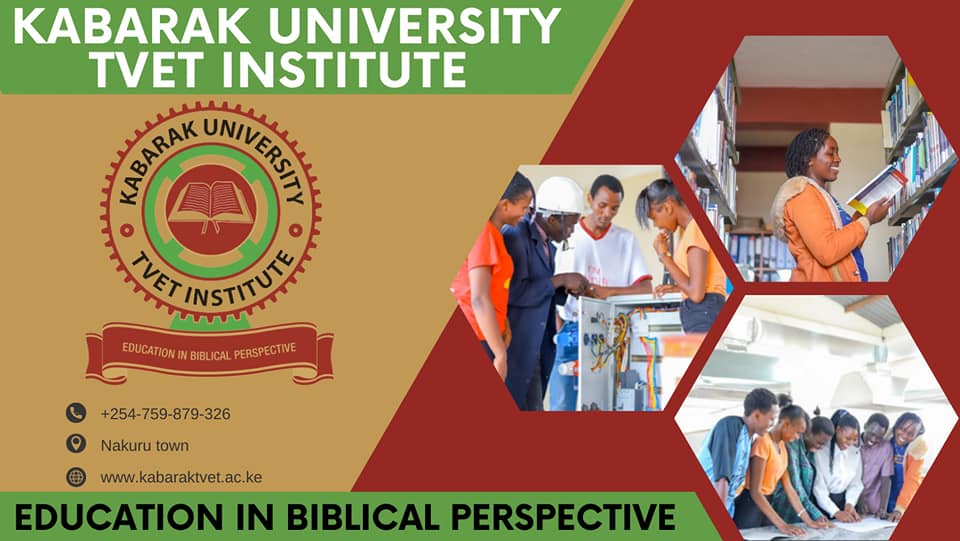On Friday, May 23, 2025, Kabarak University TVET Institute convened a transformative Industry Players Roundtable, bringing together key stakeholders from engineering, banking, hospitality, manufacturing, the Kenya Chamber of Commerce, innovation hubs, technology, NGOs, secondary schools, and academia. The event focused on the pressing need to align workplace technologies with academic preparation and training.
The meeting opened with a devotional thought and prayer led by Rev. Laban Kitony, Chaplain of Kabarak University and its TVET Institute.
The keynote speaker, Dr. Kevit Desai, PhD, MBS, CBS, FIET, delivered a compelling virtual address titled “Innovating the Future: Bridging Academia and Industry through Technology Integration in the Workplace.” Dr. Desai, a renowned engineer, innovator, and policymaker, formerly served as Principal Secretary in the Ministry of Education, State Department of Vocational and Technical Training (2018–2020) and later in the State Department for East African Community (2020–2023). During his tenure, he spearheaded the expansion of Kenya’s TVET infrastructure, guiding the establishment of over 250 institutions and leading the development of key policies including Competency-Based Education and Training (CBET), Recognition of Prior Learning, and Dual Training frameworks.
In his address, Dr. Desai emphasized that innovation must begin with a mindset shift rooted in critical thinking and problem-solving—skills that must be cultivated through education. He called for a unified ecosystem comprising trainers, trainees, and industry actors, asserting, “We can start small, but we must start now.” He highlighted the importance of embracing artificial intelligence, digital tools, technology transfer, commercialization, and intellectual property development to shape a responsive and future-ready workforce.

Guest speaker Ms. Catherine Changwony, Chief Officer of ICT, E-Government, and Public Communication in Nakuru County—represented by Ms. Nancy Jeruto—focused on emerging technologies such as blockchain, AI, and data science. She underscored the vital role of academia in both contributing to and adapting alongside these rapidly evolving industry priorities.
A panel discussion featuring leading industry representatives followed, sparking rich dialogue on integrating technology into the workplace. The consensus was clear: curriculum development must be informed by real-world industry needs, and innovation should be embedded in training. Stronger partnerships and ongoing engagement between academia and industry were called for to ensure education remains practical, adaptive, and relevant.
The event drew strong participation from institutions such as Access Bank, Eco Bank, GDC, Sarova Woodlands, Dandelion Africa, Legacy Hotel, the Kenya Chamber of Commerce, the Kenya Association of Manufacturers, Pixel Technologies, and secondary schools including Njoro Day, Uhuru Secondary, and Crater Secondary. Staff and students from Kabarak University and its TVET Institute also participated actively.
Dr. Dan Mutai, Executive Director, welcomed all participants and encouraged deeper collaboration between academia and industry. Dr. Faith Yator, Deputy Director who coordinated and guided the meeting, expressed appreciation to all stakeholders for their valuable contributions and reaffirmed the commitment to continuing this vital dialogue.
This roundtable was not just a conversation—it was a call to action. Kabarak University TVET Institute is proud to lead efforts in linking technology with academia to shape a skilled, innovative, and future-ready workforce.




